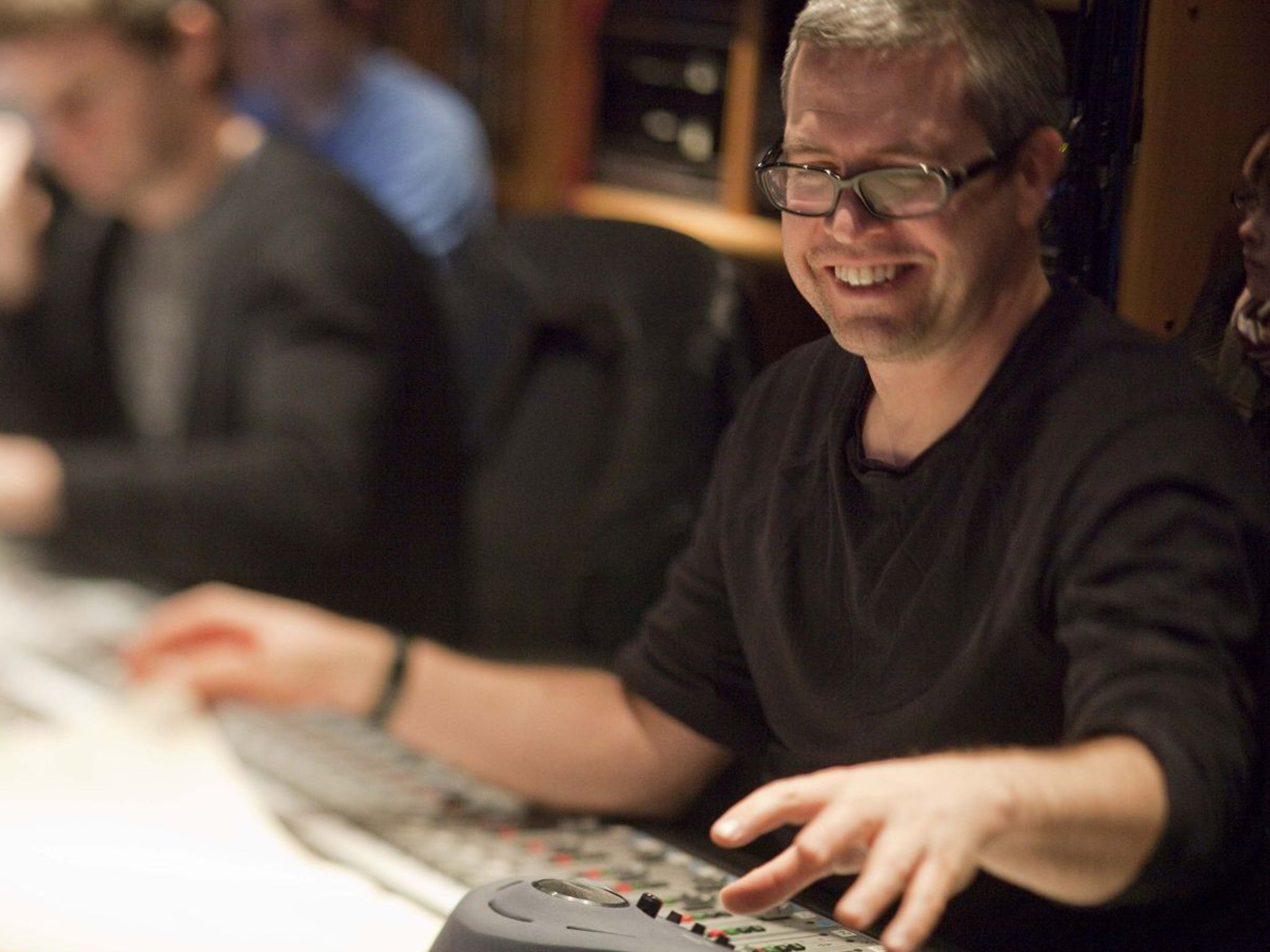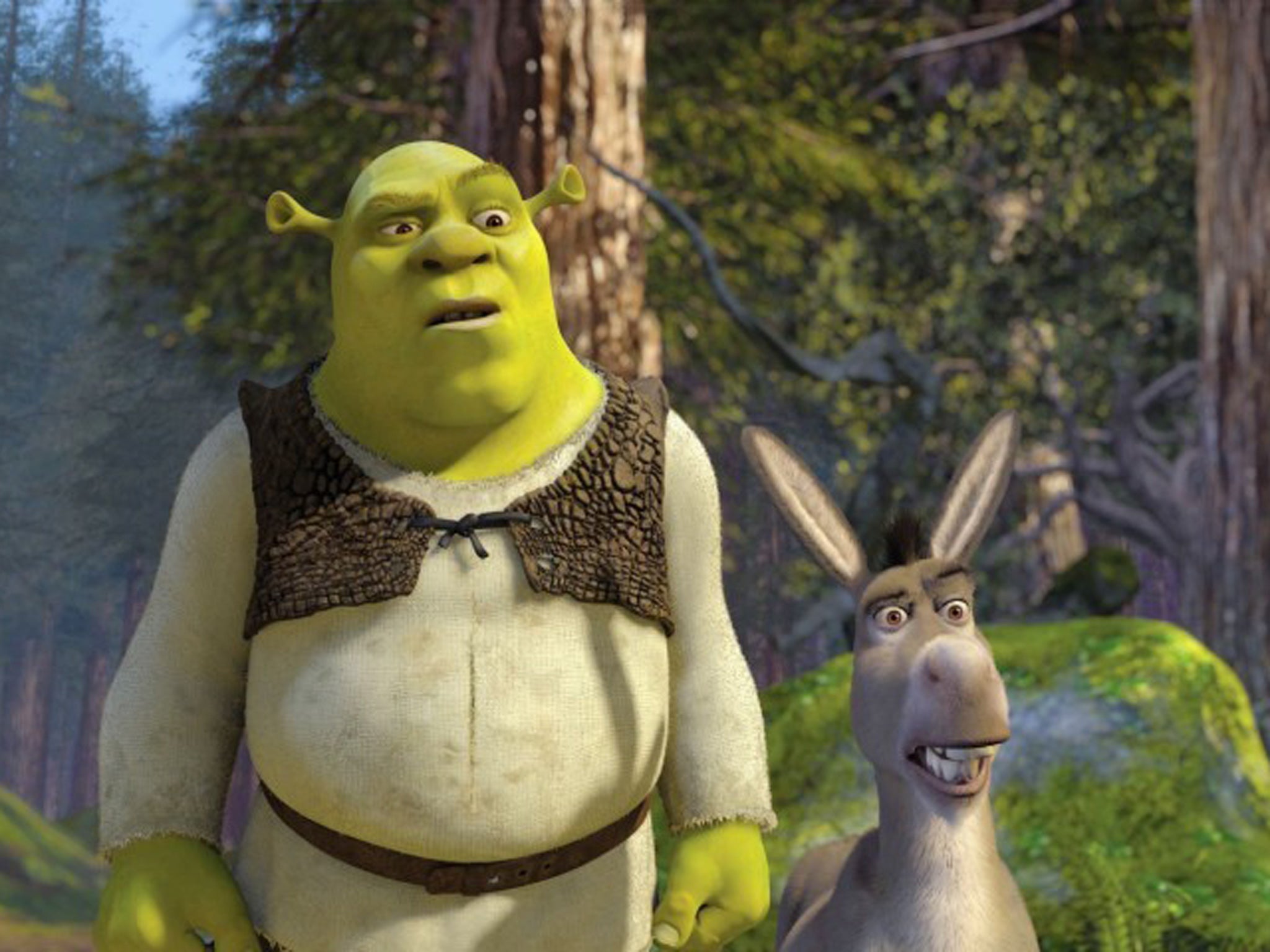John Powell interview: ‘I sold myself to the Devil, just a bit’
Many British composers have made it big in Hollywood, but John Powell is currently the most influential. As a result, he has resources others can only dream of. But there’s a drawback, he tells Tim Walker

John Powell came to compose his most famous soundtrack almost by mistake. In 2002, the director Doug Liman had just filmed a new action thriller starring Matt Damon, loosely based on a pulp novel called The Bourne Identity. Another highly regarded film composer, Carter Burwell, had written a score that had been recorded, but Liman wasn’t satisfied.
“They had already spent money on a big orchestra, and the soundtrack was good. It just wasn’t what Doug was looking for,” says Powell, the British composer who was brought in to write an alternative.
“He wanted something he hadn’t heard before. Everybody else was doing big, so I decided to do small. For budgetary reasons, my score started without an orchestra at all. We stuck some strings on top at the end to give it a cinematic feel. Everything was sort of an accident.”
Powell, now 50, is one of several British composers to have scored success in Hollywood in recent years, alongside David Arnold and David Holmes, whose music backs the recent Bond and Ocean’s films respectively, and the Radiohead guitarist Jonny Greenwood, who was Bafta-nominated for his 2007 soundtrack to There Will Be Blood. But it is Powell’s stripped-down, kinetic compositions for the Jason Bourne trilogy that have proved to be the most influential.

In fact, it’s almost impossible to find a contemporary action thriller today that doesn’t sound like The Bourne Identity and its sequels: propulsive, percussive, minimalist. “It’s got to the point where I can barely watch television because everything sounds like that,” says Powell. “I can even tell which piece they’ve been using as a [temporary track], because I can hear where it changes, the form and structure of it.”
On the other hand, he admits, this is standard practice in Hollywood, where if something works, the studios simply repeat it until it doesn’t. And besides, says Powell, “It isn’t just my work on Bourne that they’re ripping off. It’s the stunt guys, the editing style, the cinematography, everything.”
But for a smattering of superhero movies and romantic comedies, the majority of Powell’s film CV is composed of action thrillers such as Bourne, and animated films such as Chicken Run (2000) and Shrek (2001), which he scored with fellow British composer Harry Gregson-Williams. In 2011, Powell earned his first Oscar nomination for the Viking-themed fantasy How to Train Your Dragon. His most recent project was How to Train Your Dragon 2, released next month.

He still owns a house in London, but spends most of his time at the top of a winding road in Pacific Palisades, overlooking the ocean between Santa Monica and Malibu. The property is split by a lush garden and tennis court: on one side is the house, and on the other, a recording studio and the art studio where Powell’s wife, the photographer Melinda Lerner, works.
Born in East Sussex in 1963, Powell first picked up a musical instrument, the violin, when he was seven. His father, a tuba-player with the Royal Philharmonic, was encouraging – up to a point. “He always used to say: ‘Don’t be a player, be a composer.’ I took that to heart, eventually. I could never have made it as a player.”
As a child he was a classical music snob, and didn’t become interested in pop until his teens. He had no cinematic ambitions, he says, “but I remember loving the soundtrack to The Great Escape, so it was a delight to work on Chicken Run, because it was a homage to that.”
Powell studied at Trinity College of Music in London, and played keyboards for a soul group. After graduating, he worked as a tape operator at Sir George Martin’s studio in London. He left college intending to write classical concert music, but soon saw that this was no way to make a living. Instead, his first paid work as a composer came from ad jingles.

He embraced computer composition, and it was in part his technical expertise that recommended him, in the mid-1990s, to Hans Zimmer, who was fast becoming Hollywood’s top composer. Zimmer wrote the scores that defined that era, including The Rock (1996) and Gladiator (2000).
Powell moved to Los Angeles in 1996. “I always say I’m an economic migrant. There just wasn’t enough work in Britain,” he recalls. “I couldn’t get my career off the ground and I got bored with doing jingles, so I came and took a place on Venice Beach in 1996, decided to give myself a year and see what happened. Within a week I got a call from Hans.”
With Zimmer’s mentorship, he earned his first two feature film gigs: Face/Off (1997) with John Travolta and Nicolas Cage, and, with Gregson-Williams, the animation Antz (1998). Since then he has collaborated with Jonsi of Sigur Ros on tracks for Dragon 2; travelled to the Amazon with the king of bossa nova, Sergio Mendes (“a walking Wikipedia of Brazilian music”), for Rio 2; and conducted a choir of 600 in Australia for Happy Feet (2006).

“The great thing about being a film composer is that production companies give me incredible musicians and facilities that would be very hard to get otherwise. And they pay me to do it,” he says. “The downside is that the music has to fit the film …. You have to sell yourself to the Devil a little bit.”
Zimmer said, in an interview with Variety, that Powell’s music is “underpinned, if not inspired by, a solid moral stance”. What did he mean? “I’ve often tried to persuade Hans not to do certain films because I think they’re bad for the world,” Powell replies, alluding to a certain sort of unthinking action film without the intelligence or conscience of the Bourne series. “You’ll notice there are types of film I don’t do and never would – or maybe did earlier in my career and regretted. Films that don’t bring anything good to the world.”
After almost 20 years in Hollywood, Powell has taken a sabbatical to work on a passion project: a 45-minute oratorio commemorating the centenary of the outbreak of the First World War, to be performed in London early next year by the Philharmonia Orchestra. Powell, an atheist, expected to debut the piece at Westminster Cathedral, but was turned down because the libretto by Michael Petry was deemed insufficientlyreligious.
The oratorio, entitled Moltke, is inspired by Helmuth von Moltke, the Prussian general in charge of Germany’s war plan who insisted the conflict go ahead in 1914, even as the Kaiser wavered. “That was the point when we tipped the 20th century into the shitter. The piece is about pride and hubris,” Powell explains. “I’ve cranked out 50-odd films and it becomes difficult not to repeat yourself. This is an opportunity to free myself from so many of the habits I’ve fallen into. Having said that, some habits I can’t avoid – because they’re inherently part of me.”
Subscribe to Independent Premium to bookmark this article
Want to bookmark your favourite articles and stories to read or reference later? Start your Independent Premium subscription today.

Join our commenting forum
Join thought-provoking conversations, follow other Independent readers and see their replies
Comments